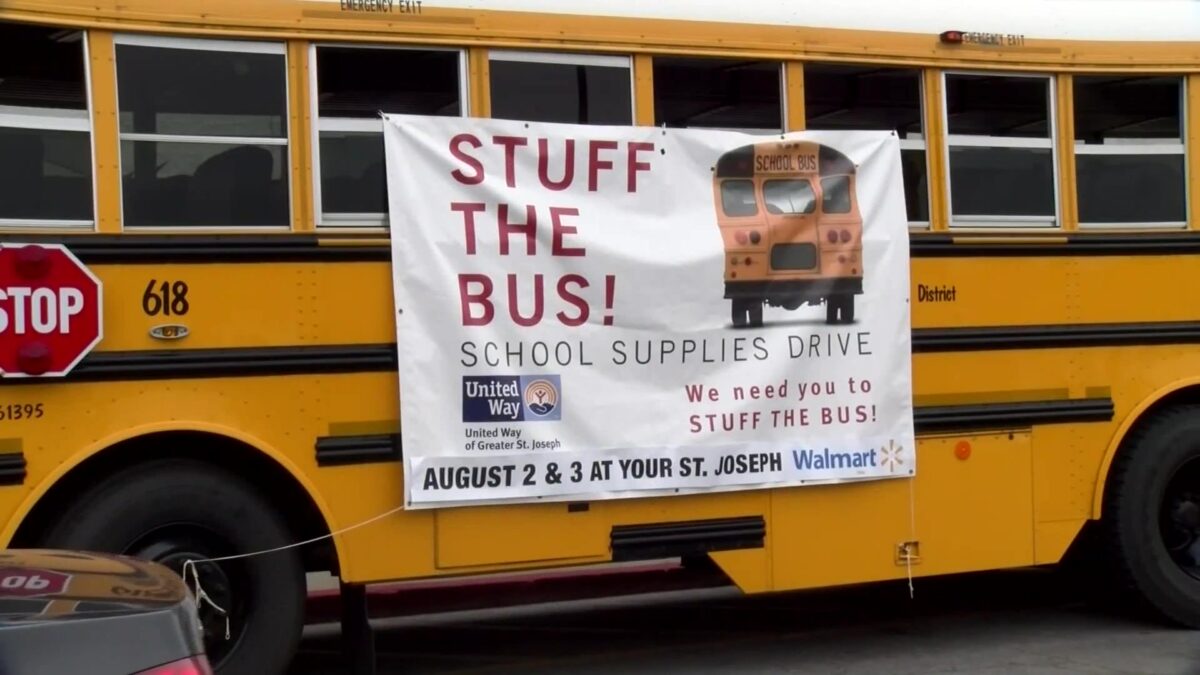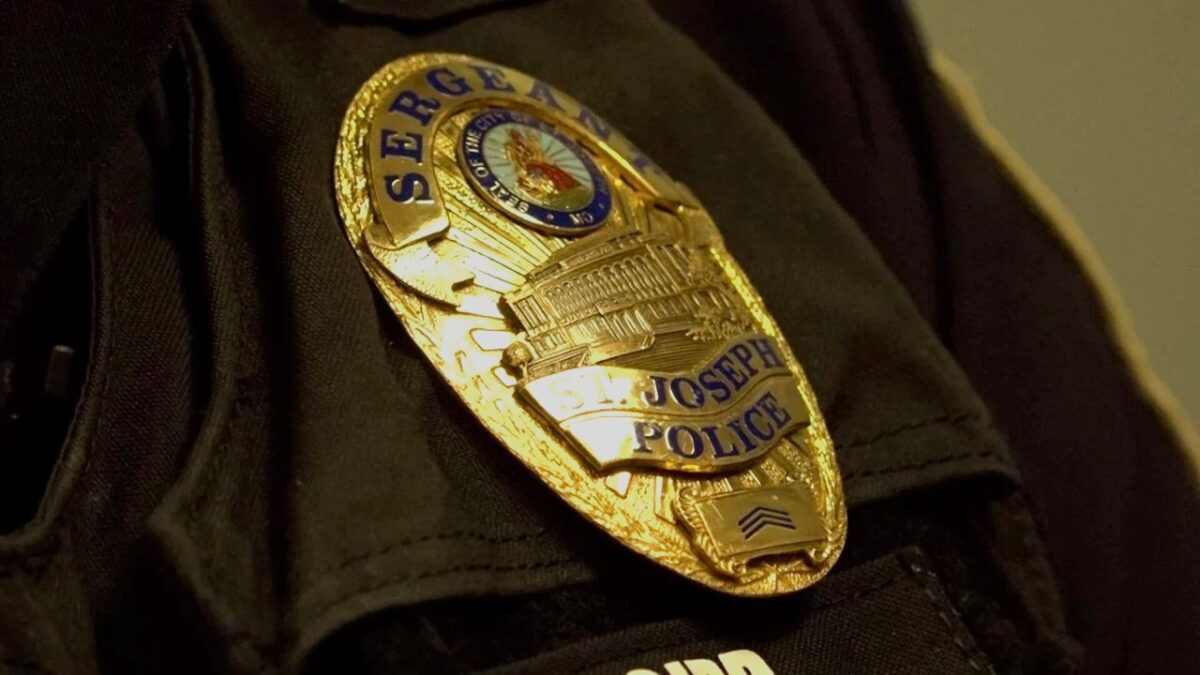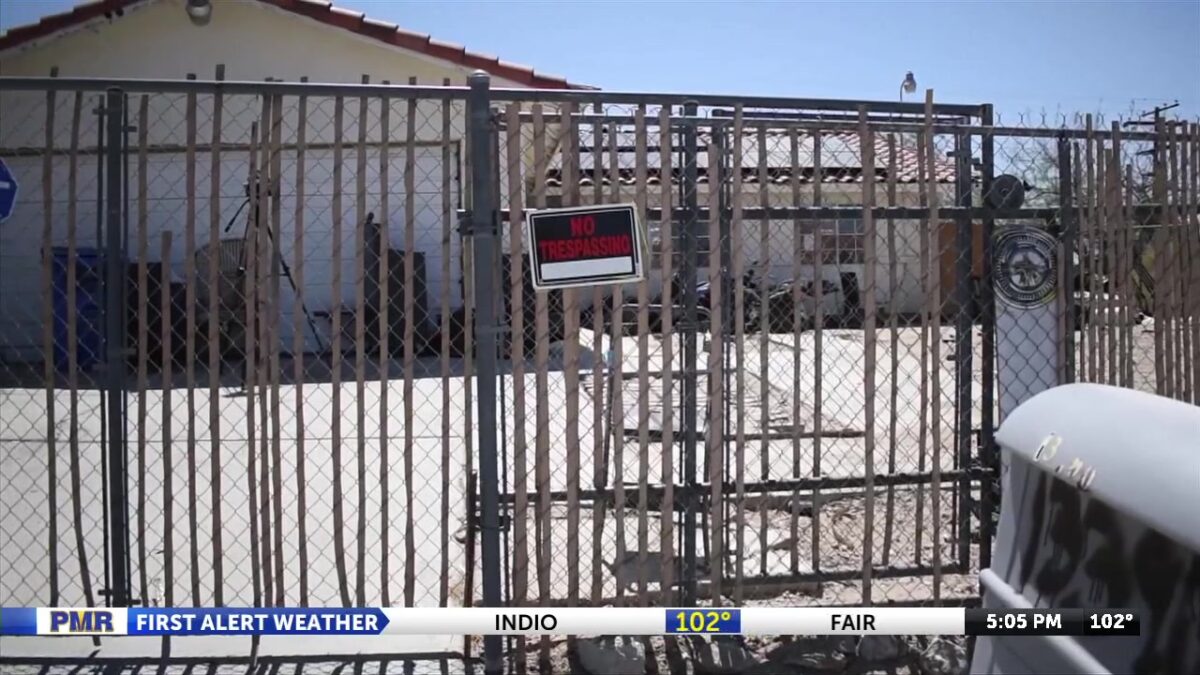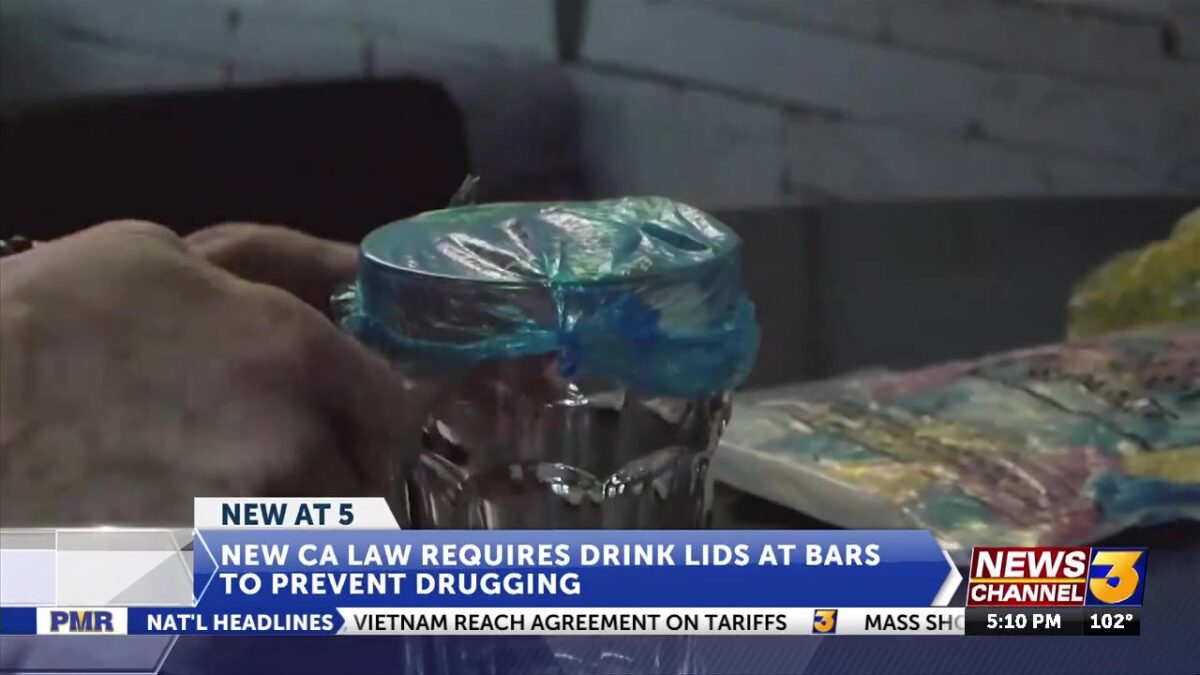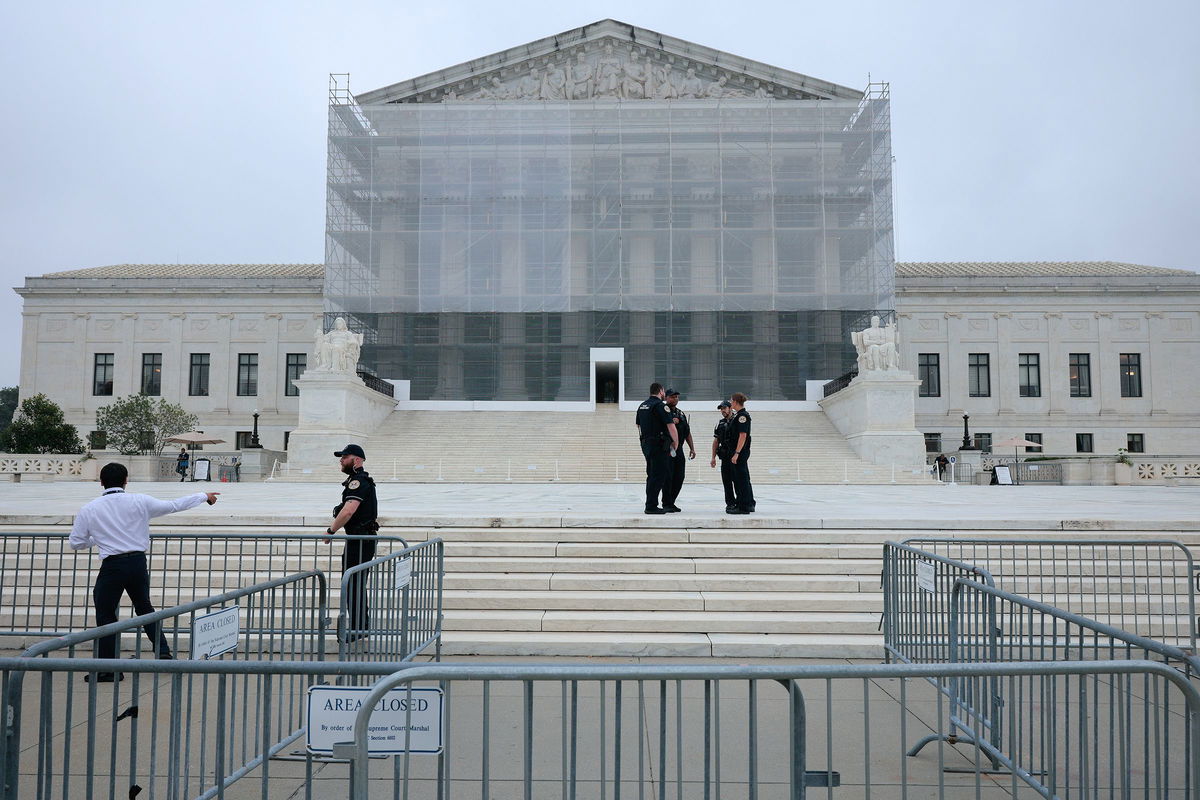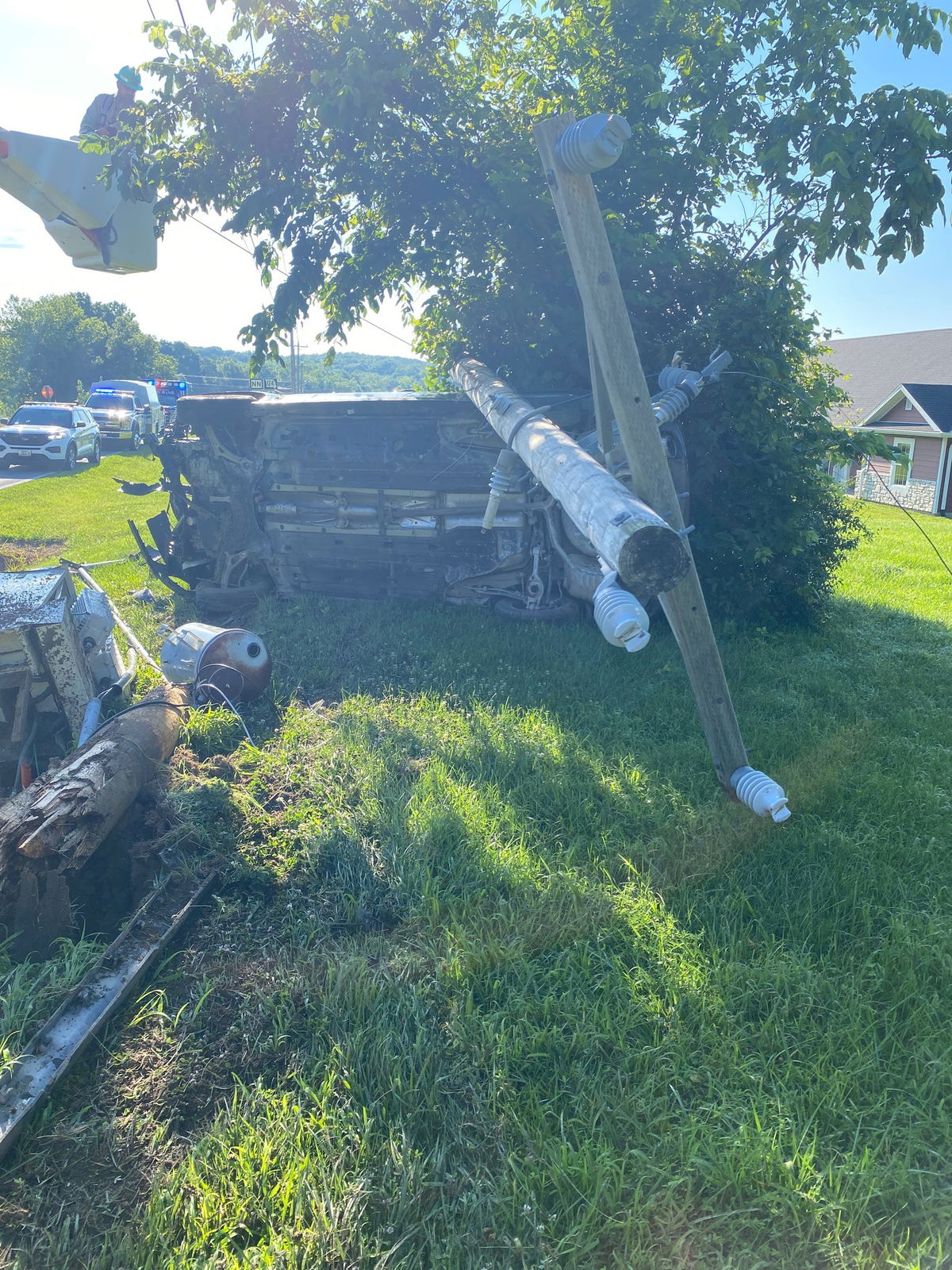CNN Newsource
By Emma Tucker, CNN
(CNN) — Bryan Kohberger appeared expressionless as a judge asked if he murdered four Idaho college students in their off-campus home, answering “yes” to each name called out in the courtroom Wednesday.
At a change-of-plea hearing before state district Judge Steven Hippler in Boise, Idaho, the courtroom was packed with family members of the victims as Kohberger, a 30-year-old former PhD student of criminology, admitted his guilt to all five counts in the indictment and entered a plea deal that removes the possibility of the death penalty.
Kohberger had been charged with four counts of first-degree murder and one count of burglary in Latah County, Idaho, in the fatal stabbings Ethan Chapin, 20; Kaylee Goncalves, 21; Xana Kernodle, 20; and Madison Mogen, 21, in the early morning hours of November 13, 2022, in their Moscow, Idaho, home.
CNN trial correspondent Jean Casarez has been closely following the investigation and was in the courtroom when Kohberger admitted guilt.
Here she breaks down some of the key pieces of the case and the plea deal:
Some of the questions and answers have been edited for length and clarity.
Q: Why did prosecutors decide to strike a plea deal now, despite strong evidence including DNA, surveillance and cell phone data?
A: I think that’s one of the biggest unanswered questions. We don’t know. Here’s what we do know: Prosecutors hold the key to whether a trial goes forward or whether there is a plea deal. This was a very solid case, and the defense had lost so much – they were not going to be able to present an alibi because they couldn’t establish there was anyone who saw him in another location when the killings took place.
I was talking to a prosecutor who told me this case is the case of a lifetime for a prosecutor. But this trial was going to cost a lot of money. This is Moscow’s case. Latah County would have to pay for it all. The case had been moved to Boise to ensure a fair trial for Kohberger. So, one can only surmise that judicial economy or saving money went into this, right?
Q: What do you think tipped the scales toward avoiding the death penalty for both the defense and prosecution?
A: This was the only bargaining tool. They bargained away the death penalty when he agreed to serve life in prison without any possibility of parole.
In 2003, serial killer Gary Ridgway bargained away the death penalty but there were conditions. He was going to tell authorities where all of the other victims were that he killed and he did that. Here, there are no conditions.
Q: Without a trial, there’s no public adjudication of any motive. How does that impact any closure in this case for the families and the public?
A: One of the issues with several of the families is that this was just too easy, that he was going to be able to sign the dotted line, done deal, then he can live his life forever. They wanted answers. They wanted to know if anybody else knew about it, where the murder weapon came from, why he went to that particular house, why he went up to the third floor. And those questions conceivably will never be answered.
If you look at what the father of Kaylee Goncalves said, he’s very upset because he believes no one is caring about these four young lives that were taken so soon right as they were beginning their adulthood. The family of Madison Mogen spoke outside of court, and they said through their attorney that this could be closure, they can move on and it’s alright. But the father of Xana Kernodle is saying it’s not alright, that they’re not going to ever really know the truth.
Q: What were the reactions and emotions you could sense in the room when he admitted guilt?
A: It was very tense in the courtroom. Very tense but very silent. The media had been told to not show any emotion in the courtroom, and I wonder if the families were told that because they were so intense, they were staring at Kohberger very strongly. They were staring at the judge very strongly, but I did not see actual emotion coming out of them except from Kaylee Goncalves’ aunt. That’s who I heard it was. She had a Kleenex, she was crying so hard, but it was silent – she wasn’t making any audible sounds at all.
When the prosecutor said, “We have still never found the knife, the murder weapon,” I looked at Kohberger. I wanted to see if there was a reaction because there’s one person that knows where that murder weapon is, and it’s him. There was no reaction to that. He didn’t move a muscle in his face.
Kohberger never once looked at the courtroom, looked at the people in the courtroom. He was in a stoic gaze with no emotion whatsoever. It was just like he did this every day.
When he had to take the oath that he would tell the truth, Kohberger jumped up and put his hand up. The judge said, “You don’t have to stand up. I know you’re trying to be respectful to the court, but you don’t have to stand up.”
Q: After Kohberger is sentenced, what happens to the gag order that has kept the parties from speaking publicly?
A: After sentencing, the case is over, so the judge has to lift that gag order because they have a First Amendment right to speak. The gag order was to preserve a fair trial before a jury for Kohberger. Both sides are not requesting a pre-sentencing report, which is normally done before sentencing. Sentencing is going to take place at this point on July 23. The prosecutor said they want to give all family members a chance to speak.
Q: Prosecutor Bill Thompson choked up a couple of times – most notably as he was finishing his recitation of the facts and said the names of the four victims. What did you make of that and was there any significance behind that moment to you, having covered this case from the beginning?
A: I’ve never seen him get emotional in any pretrial hearing. This is the first time, but a prosecutor has empathy for victims because although they represent the people, they indirectly represent the victims. That’s who they care about. Maybe it got to him at that moment, but I’m sure that some of the family members would say, ‘Well, if that emotion is there for those victims as we saw in court, why didn’t you structure the plea deal so he had to provide some answers and tell us why he did this?’
Q: What were the elements of the plea deal that the families of the victims would have liked to see or leave out?
A: Steve Goncalves said he wanted more facts. Not only answers to why the killings happened, but did anybody know about it or help? What happened with the knife? Why that house? Why that floor? Because in pretrial hearings, it has been said there was no connection to the victims.
Q: What can we expect from the upcoming sentencing hearing? Will families get a final chance to address him in court?
A: The big thing is going to be the victim impact statements. Attorneys don’t have to argue because there’s nothing to decide. A decision has been made with the agreement, so it’s the victims’ families. Some courts allow family members to directly look at and address the defendant, while other courts do not. It’ll be interesting to see the parameter and it’ll be interesting to see what they say.
But here’s the big one: Bryan Kohberger should be given a chance to address the court. In a normal sentencing, they are allowed to make a formal statement. Usually, that is to beg for mercy because you’re about to be sentenced. In this case it would just be something he wanted to say. Will he speak? Will he say something to the families?
Q: Can Kohberger appeal some aspect of his plea?
A: He is waiving his right to appeal, so he will live the rest of his life within a prison in Idaho, managed by the Department of Corrections.
Q: Some victims’ family members complained about how quickly a plea deal was reached. Does it always happen this quickly in similar cases?
A: No, it doesn’t happen as quickly. The family members do not live in Boise. They had to conceivably change plans, take off work, and it’s six hours from Moscow to Boise. That’s quite the drive right there. They don’t all live in Moscow, but they do not live in Boise. So it’s highly unusual.
I think it’s stunning that when Kohberger was posed the questions with their names: ‘Did you intentionally, deliberately and with premeditation murder Xana Kernodle?’ And he responded, ‘yes.’ No emotion at all.
The-CNN-Wire™ & © 2025 Cable News Network, Inc., a Warner Bros. Discovery Company. All rights reserved.
Click here to follow the original article.
